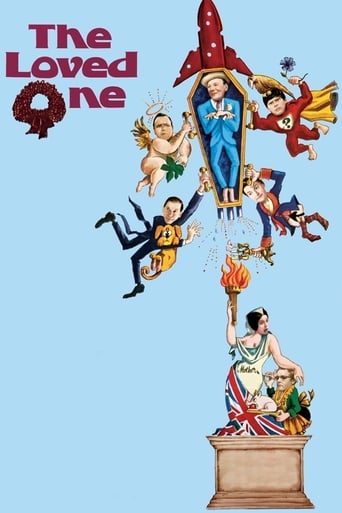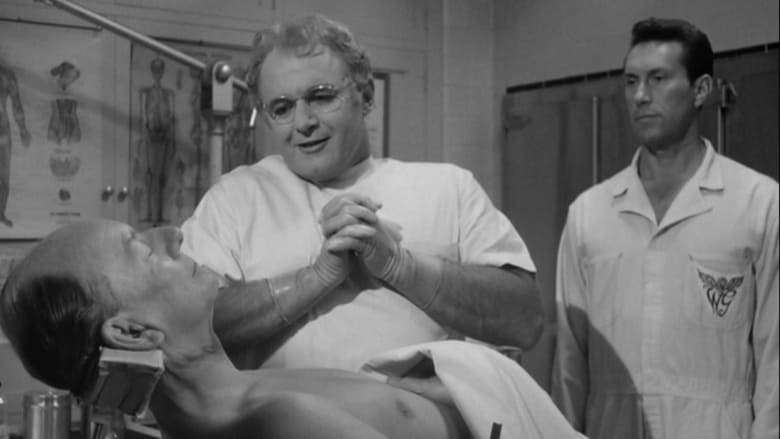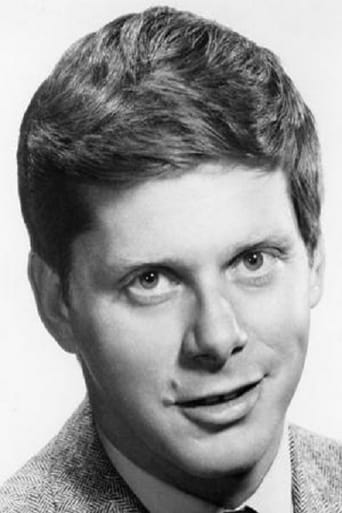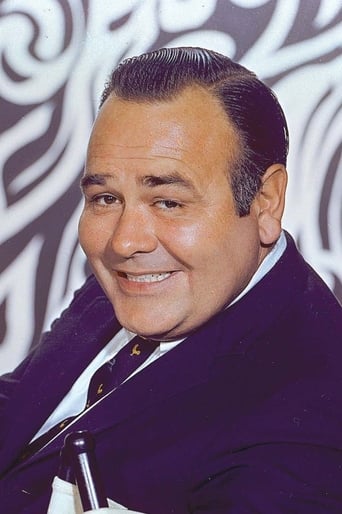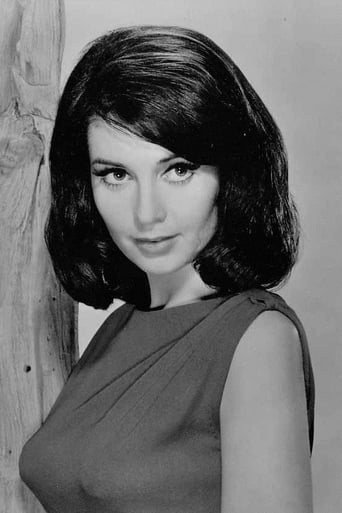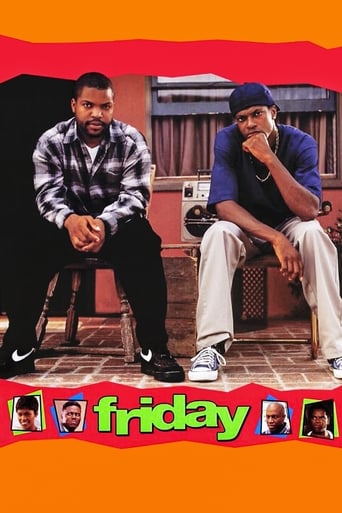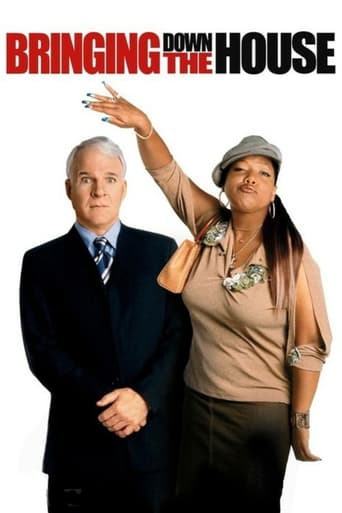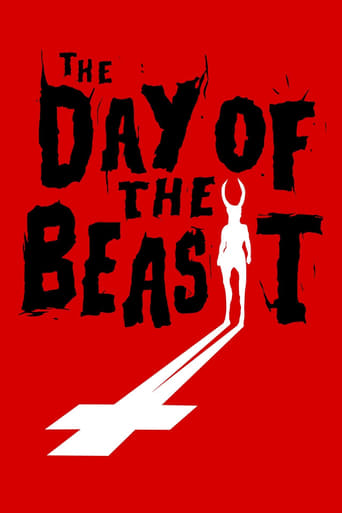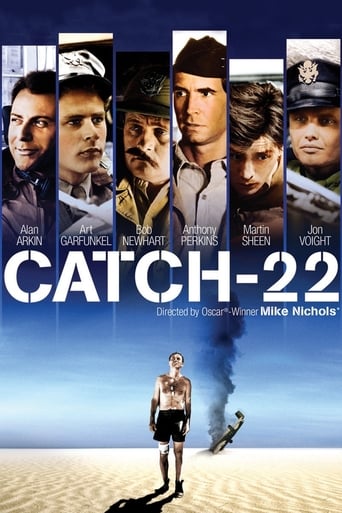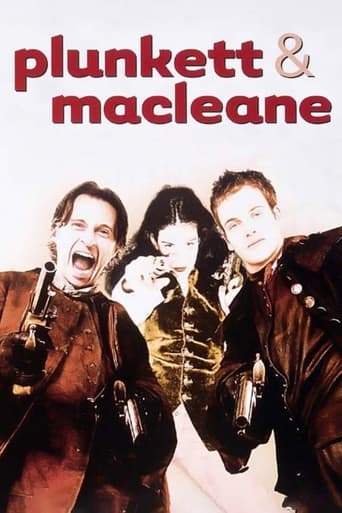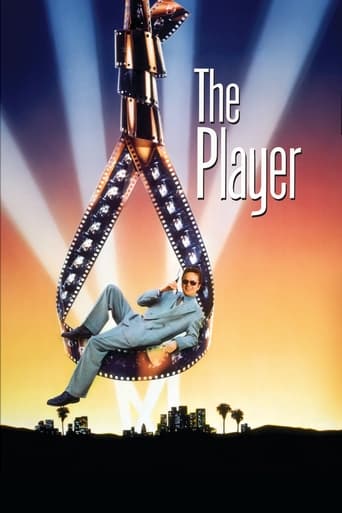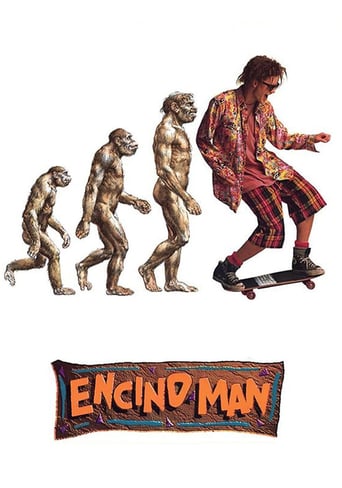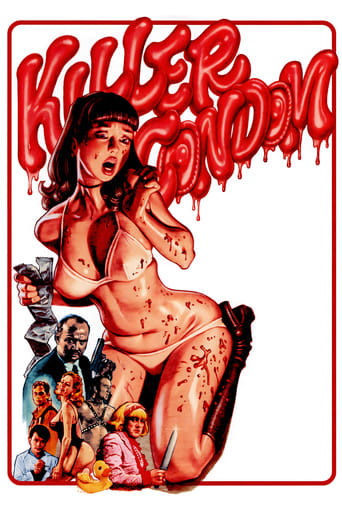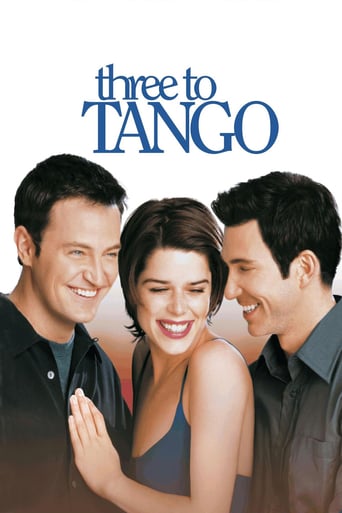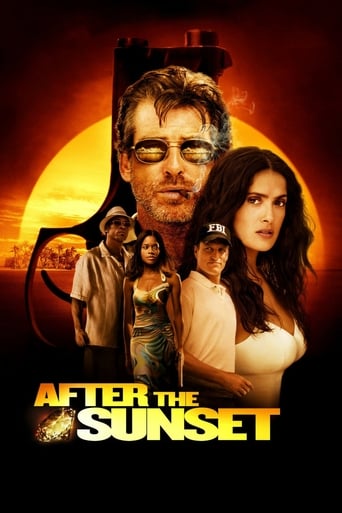The Loved One (1965)
Newly arrived in Hollywood from England, Dennis Barlow finds he has to arrange his uncle's interment at the highly-organised and very profitable Whispering Glades funeral parlour. His fancy is caught by one of their cosmeticians, Aimee Thanatogenos. But he has three problems - the strict rules of owner Blessed Reverand Glenworthy, the rivalry of embalmer Mr Joyboy, and the shame of now working himself at The Happy Hunting Ground pets' memorial home.
Watch Trailer
Cast


Similar titles
Reviews
Very best movie i ever watch
Fun premise, good actors, bad writing. This film seemed to have potential at the beginning but it quickly devolves into a trite action film. Ultimately it's very boring.
A clunky actioner with a handful of cool moments.
Mostly, the movie is committed to the value of a good time.
For me to rate any film "perfect," it must contain every element of a perfect movie— the perfect story, the perfect script, the perfect cast, the perfect director, and the perfect cinematographer. This one had all of the above, in droves. Let's start with the casting— phenomenal—from leading roles, to character parts, to cameos, totally incredible, utilizing the greatest talent alive at the time. But perhaps the single most inspired bit of casting was using Liberace as the appropriately funereal casket salesman, hilarious. Robert Morse was so convincing as an Englishman, imagine my surprise when I learned he was 100% American. Rod Steiger showed a rare turn at his genius as a comedy actor after having starred in so many seminal films like "On The Waterfront," and the newcomer, Anjanette Comer... I've had a crush on her for now 50-years! Add a superb John Gielgud and Jonathan Winters in their respective roles to round out the dream cast. I once believed "Some Like It Hot" to be the best American comedy film, but after watching this piece of cinema magic, there was no other. As not to reveal the plot, all I can say is that in the long history of comedy films, particularly in the satirical vein, there is nothing to compare or compete with "The Loved One." It never gets old and never feels dated, although I've heard some cinemaphiles suggest that it should be re-made. But how can you improve upon perfection? To find any writer the equal of Terry Southern, or any cast as good as the one mentioned would be, in a word, impossible. I'm just glad that we have this amazing film to enjoy and laugh with forever.
Director Tony Richardson takes no prisoners as he lambastes the funeral business, the government, religion, ideology, and anything else held sacred by many. Richardson does this in the most comically satiric manner with subtlety, restraint at times, over-indulgence at other moments, and a unique blend of English reservedness and wit mixed with American vulgarity and frankness. I loved this film and was laughing throughout. The story starts off with a young Englishman(Robert Morse) arriving in LA with no job or prospects other than visiting his famous uncle John Gielgud - who is in the movie business. Gielgud invites the young man to stay, introduces him to the strong acting British community, and provides him with living essentials as the young man decides what to do with his life(apparently after a romantic break). We see Gielgud at work and Richardson has no problems making fun of the movie industry at all as Gielgud, a veteran of 31 years, has been reduced to helping an American hick become an Englishman - not even remotely possible. He fails, is let go, and hangs himself. At this point we have a wonderful satire about the film industry, but what follows balloons into something even more grandiose. Character actor Robert Morley insists that this man be buried at the best place possible - Whispering Glades. We then watch Morse go there and see the hyperbolic excesses of the funereal business for those who least need their services - the dead. Morse meets beautiful Anjanette Comer, a make-up artist for the dead, as well as a series of people to help bring his uncle to "peace." Richardson, taking Waugh's novel, really has a knack at steamrolling his satire here with decadent grounds, huge rooms for repose, a bureaucratic network designed only for the wealthy, white, and people of "merit." Liberace, giving a great performance, plays a man who helps Morse decide on what casket, suit, and even shoes his dead uncle will have. The film then turns into a myriad of directions from a rich reverend who has a godlike complex but only a desire to make money, the help of the government to foster this big business, and a romantic triangle like no other with Morse, Comer, and Rod Steiger as Mr. Joyboy - the chief embalmer. While the end of The Loved One does not carry the impact now that it did in 1965, the film as a whole is a witty, incredibly black comedy de farce in many ways. Richardson made a film his way with his ideals firmly planted. Yes, this film will and I am sure did offend many. It also opens one's eyes to a number of things. The acting is great with Morse doing very solid work. Comer, as I said before, is lovely. Steiger - Steiger is great! His Mr. Joyboy with effeminacy reeking, long white curls, and fastidious outfits matched with his outlandish hand gestures steals every scene he is in...EXCEPT the ones with his mother(more on that shortly). His accented dialog was a real treat to hear. "I am saving for Momma's big tub!" His mother, "every inch a queen," is in one of the most bizarre film scenes I have ever seen in any "mainstream" picture. Words fail me. See it. I shall never look at a roast pig again - or a turkey - in the same way. I could go on, but I think you get my favorable stance toward this film which is most definitely under-viewed. Jonathan Winters is superb as well in two roles. Catch Paul Williams in his first film role. Watch Milton Berele give a great cameo as a husband fighting with his wife over a bereaved loved one. What a funny scene that was too!
From the moment Morse's plane touches down in LA, we hear choral strains of America the Beautiful; then, for the next two hours, the movie goes about deconstructing that optimistic note. LA comes in for special ridicule, but so do national institutions. Pentagon brass are bribed into converting Earth's gravitational belt into an orbiting graveyard-- not exactly standard operating procedure.Then there's organized religion's Blessed Reverend who shifts entrepreneurial gears faster than an Enron CEO, but with much better success. And when worker-bee Aimee's virginal illusions are finally shattered by the randy reverend (Winters), she chooses a beautiful death over an unfiltered life. Now she can join the godlike statuary in the eternal beauty that Whispering Glen peddles. Illusion, the movie appears to say, is what ultimately counts in this land of manufactured dreams.The black humor was considered outrageous at the time, especially the mincing Joyboy and his beached-whale of a mom. In those days, "gay" still meant "joyously spirited" and Liberace's sudden appearance with the girls amounted to a new kind of "coming out". The black humor here follows Dr. Strangelove of the preceding year, but lacks the latter's coherence and wallop. This is a movie of bits and pieces-- oblivious Aimee swinging high above the LA precipice; gross-out Mom inspiring gobs of John Waters movies; gate-keeper Coburn thinking poet equals subversive; the Blessed Reverend toting up profits by getting rid of the "stiffs". There are other moments, often hilarious. Nonetheless, the movie doesn't so much culminate as finally peter out. And when the film's final words advise Morse "to go left", we may be getting more than a compass bearing.As another reviewer points out, this is a film ahead of its time. In fact, it may well be a milestone on the way to the general irreverence of the late 60's when no topic was off- limits. 1965 was a transitional period between the convention-bound 50's and the rebellious upsurge still two years away. A more detailed history would, I think, include The Loved One as a key step in the iconoclasm to come. Though much of the initial punch has been lost, the film still has its moments. Besides, I often get a whiff of the Blessed Reverend whenever I hear the dulcet tones of aggressive sanctimony, which these days is all too often.
I can only echo the excellent comments of others who've heaped praise on this unique movie-- it's on my 20-best-ever too, for sure.I do have a kind of eccentric technical point to make that might be of interest, so here goes.One of the reviewers warned of "dubbing and sound issues," but I wonder if a deliberate cinematic trick isn't escaping his notice.Whenever Harry, the pet cemetery owner, is talking to his (evil twin) brother the Blessed reverend, he calls him "Will" (name in the credits is Wilbur)-- but that isn't what his lips are saying! If you watch carefully, there are at least a couple of cases where it looks pretty obvious he is saying "Satan!" Assuming this is true, it's a wonderful subliminal trick possible only in movies-- definitely adds to the hilarious-but-creepy impression of "the Blessed Reverend's" black-helicopter appearances from on high.Anybody else see this? If not, I might just be nuts-- in my comment on the movie "the Third Secret" I noticed another example of just such a use of dubbing to convey a subliminal message. Only in that movie, the "subconscious" word (said by the lips but heard as another word) has to do with a key element in the plot-- namely how many patients the murdered psychiatrist had at the time of his death.In this case the trick is incidental, kind of a throwaway-- one of the many extra touches that are strewn so generously throughout. Or of course it could just be dubbing and soundtrack glitches!

